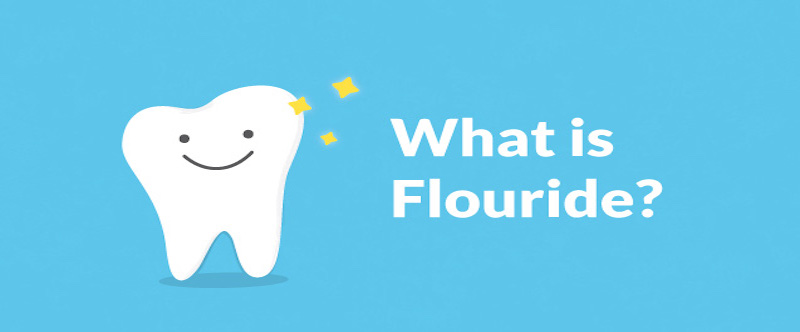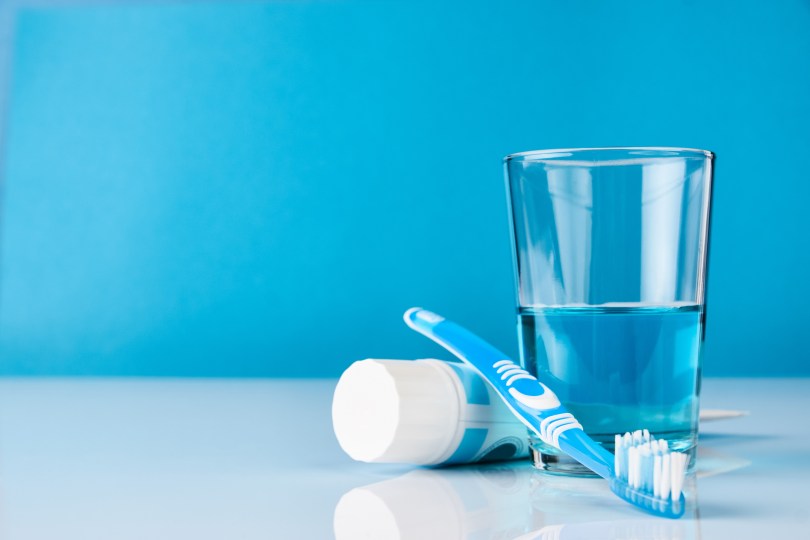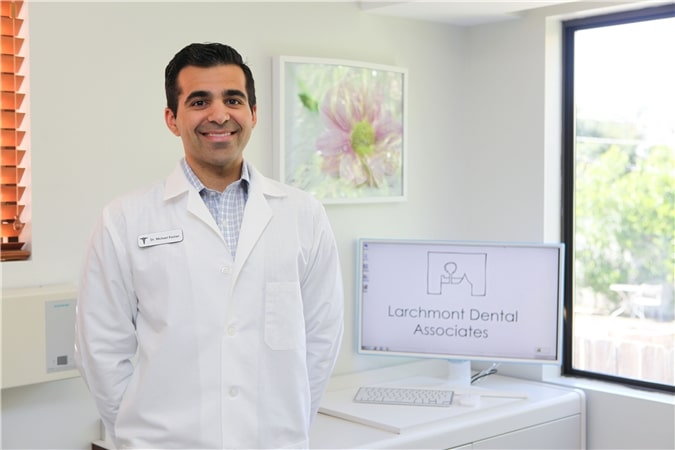Larchmont Dental Associates | Let’s Talk About Fluoride
_______________________________________
Tooth decay is something that can be prevented. With that said, it is still affecting many children in the US. The statistics go to show that about 20% of children from the ages of 5 and 11 have a cavity that needs treatment. For children ranging from 12 to 19, the need for treatment for a cavity is it 13%. Being that we live in a day and age where oral health is widely talked about, taught about, and focused on, how is it that our children still have these cavities? Well, one culprit could be fluoride.
What IS Fluoride?
Fluoride is a mineral that is commonly found in different foods and in water, specifically in all natural sources of water. To get more scientific, fluoride is fluorine (a trace element) in its ionic form. When it comes to teeth, this mineral plays a pretty big role. On a daily basis, minerals are added to the enamel of our teeth as well as lost from the enamel of our teeth. The addition of minerals is called remineralization, and, the loss of minerals is called demineralization. Demineralization basically occurs when acid interacts with the enamel. This acid can be from plaque, bacteria, and even sugars in the mouth. When we eat certain foods and drink water, minerals are added back to the enamel. These minerals include calcium, phosphate, and yes, fluoride! If there is too much loss of minerals without a balance of adding minerals back, then the outcome could result in tooth decay. So, in Layman’s terms, fluoride could help prevent tooth decay (when taken in moderation, of course).
Where Can You Find Fluoride?
Fluoride is not only found in foods and water, but also in toothpastes, mouthwashes, supplements, and can even be administered by your dentist. When it comes to food, you can find very low doses of fluoride in milk and eggs, and in raw fruits and vegetables.
Toothpastes & Mouthwashes:
For toothpastes and mouthwashes, the amount of fluoride varies depending on the brand you use. For instance, a toothpaste like Sensodyne Pronamel contains 0.25% fluoride while Tom’s Antiplaque and Whitening does not contain fluoride. For mouthwash, one like Listerine Total Care contains 0.02% fluoride while CloSYS mouthwash contains no fluoride.
Supplements:
When it comes to supplements, these would have to be prescribed by either your dentist or your primary care physician. They can be prescribed for children as young as 6 months to teens at 16 years of age. These prescriptions would be based off the need for fluoride – as in, for those who are at a high enough risk for tooth decay, or for those groups of people whose water source has either low or no fluoride concentration.
Administered Fluoride:
For fluoride administered at a dentist’s office, it is usually done after a patient completes a cleaning procedure. Because these types of fluorides are professionally applied, they have a higher concentration (are much stronger). Your Los Angeles dentist would decipher the need for fluoride based on your oral health.
The Controversy:
Many people are skeptical of fluoride and its benefits which is why the topic remains a controversy until this day. People tend to focus on a word called fluorosis (mottled teeth) or the discoloration and/or pitting of the enamel. This is a condition that affects the teeth and is caused by overexposure to fluoride in the first eight years of childhood. So people think, if fluoride is safe why does fluorosis exist? I guess this goes along with most other things in life. Too much of something that’s good for you, can be bad for you. Everything should be taken in moderation.
Fluoride and the ADA:
According to the ADA, fluoride is a safe mineral to use. The ADA is all for fluoridation of waters because it helps prevent tooth decay. There are many people who are skeptical of fluoride though, and it is a controversial topic until this day. But, the ADA does say that 70 years of scientific research has been done on this topic and that an optimal level of fluoride found in water sources is not only safe but also effective. It can prevent tooth decay by AT LEAST 25%. According to the American Dental Association, once fluoride is inside your enamel, it joins calcium and phosphate helping create a very strong defense system which prevents cavities from forming – this team is called fluorapatite (a hard crystalline solid).
All in all, the need for fluoride (as controversial as it is) is something that is different for everyone. Talk to your dentist or your primary care provider about your oral hygiene and your fluoride necessity. If you need a dentist to help you determine whether you should increase or decrease your fluoride intake, then you can always reach out to Dr. Michael Kezian at Larchmont Dental Associates. He and his staff will be more than happy to help you and answer your questions. If you have questions that are not related to fluoride, Dr. Michael Kezian still urges you to open up. Getting comfortable with your dentist is a key component to building that patient-dentist relationship. Call Larchmont Dental Associates today to set an appointment with the doctor; you’ll be glad you did.
Dr. Michael Kezian is a Los Angeles cosmetic dentist and graduated from University of the Pacific Arthur A. Dugoni School of Dentistry. This is where he earned his Doctor of Dental Surgery degree. He has experience is almost all aspects of dentistry, including but not limited to, general and cosmetic dentistry, emergency dentistry, root canal dentistry, and even implant dentistry.
Dr. Kezian is always expanding his dental knowledge and continuing his education to make sure he provides his patients with the utmost care in dentistry along with the best, modern advancements. Make an appointment to meet Dr. Michael Kezian and his team today!
Larchmont Dental Associates
581 N. Larchmont Blvd.
Los Angeles, CA 90004
(323) 465-2127
www.larchmontdentists.com
_______________________________________
References
- Colgate, Fluoride For Babies: Is It Safe? https://www.colgate.com/en-us/oral-health/basics/fluoride/fluoride-for-babies–is-it-safe–
- ADA, Fluoride: Topical and Systemic Supplements https://www.ada.org/en/member-center/oral-health-topics/fluoride-topical-and-systemic-supplements
- NCBI, Adding Fluoride to Water Supplies https://www.ncbi.nlm.nih.gov/pmc/articles/PMC2001050/
- WebMD, Dental Health and Fluoride Treatment https://www.webmd.com/oral-health/guide/fluoride-treatment#1



